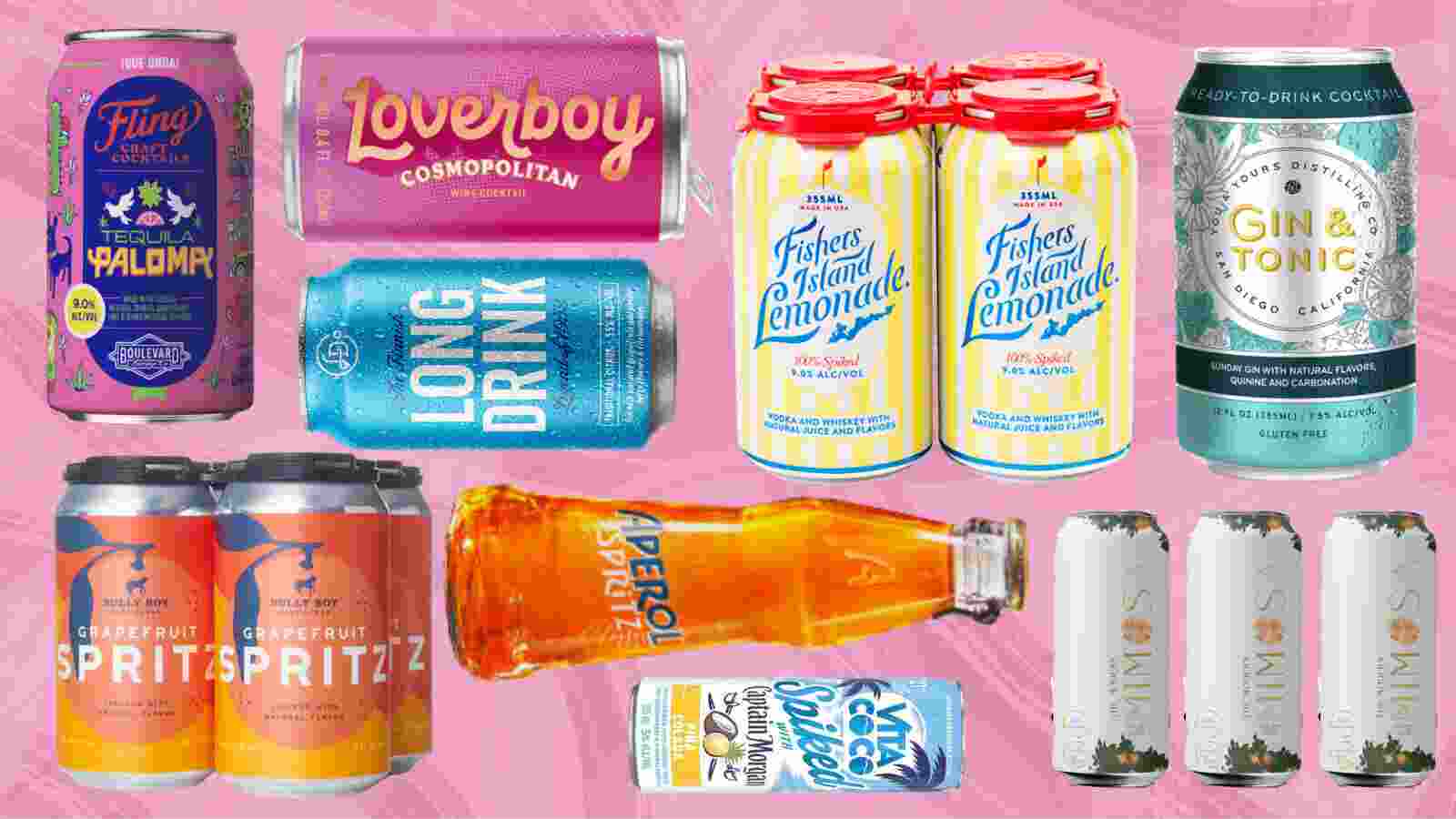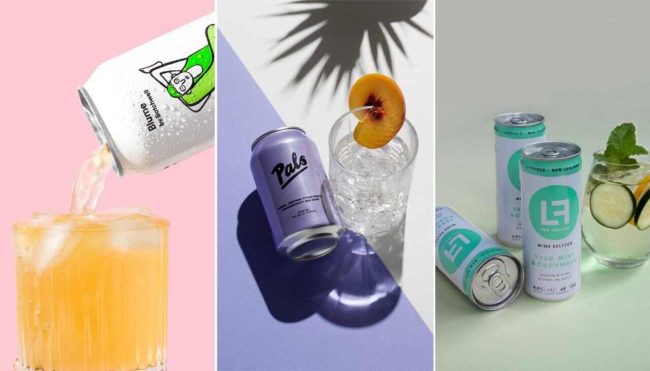
The misleading health trend in alcohol is being driven by pre-mixed drinks

It might be forgiven for thinking that some of the pre-mixed alcohol alternatives on the shelves at your neighborhood bottle store during the holiday season. The alcohol business is abusing labeling loopholes to give their goods a health halo by making claims like low sugar, low calorie, low carb, vegan and gluten free.
Actually, more than 50% of pre-mixed beverages marketed in Australia have a nutrition claim. Recent researcher has published in the Australian and New Zealand Journal of Public Health (ANZJPH). Article examines over 500 ready-to-drink goods offered in three large supermarkets, challenging this deceptive message. They discovered that statements concerning calorie value, sugar content, and naturalness were most common.

These nutrition-related advertising deceive customers by implying that there are alcohol alternatives that are healthful. Alcohol is linked to up to seven distinct forms of cancer, including breast cancer, thus there is no healthy alternative to alcohol. Being a Class 1 carcinogen and a poisonous, psychoactive drug linked to numerous socio-, psycho- and bodily problems. Alcohol is fundamentally hazardous. It is a key contributing factor to domestic violence. Drug abuse and other dangerous behaviors and it is the greatest risk factor for early death and disability among those aged 15 to 49 globally.
The timing of this new data is perfect. Since Food Standards Australia New Zealand (FSANZ) is presently reevaluating whether to let alcohol businesses to advertise low- or no-sugar claims. We were unaware of the full scope of the issue until recently, but this new data indicates that the questionable behavior is becoming more popular. Labels for more than thirty percent of pre-mixed alcoholic beverages include statements on sugar content. Now is the time to put an end to it before things go out of control.
The release of our findings on December 1, 2023 coincided with the Food Ministers conference, when this subject was discussed. It was encouraging to see that the Ministers had asked FSANZ to undertake further consumer research to better understand whether alcohol beverage claims containing sugar and carbohydrates are misleading consumers and influencing purchasing decisions, as well as to inform consideration of disqualifying criteria or other potential options.

